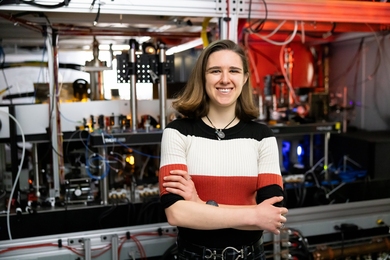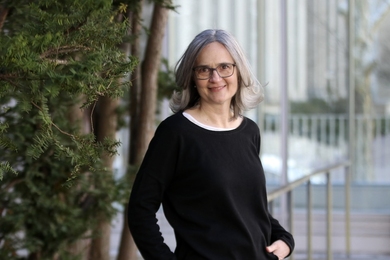In the redesigned electric power industry, electricity-generating companies compete for customers, then transmit their electricity using the existing transmission system. But at times, the transmission system may not be capable of handling all sales. Who gets to transmit their electricity and who doesn't during those times?
A plan proposed by MIT and McGill University researchers lets market forces decide. Under the plan, electricity generators and their customers make deals with one another and then submit their transmission needs to a central coordinator that oversees operation of the transmission system.
The coordinator responds with a transmission price for each proposed transaction. If a given transaction will move the transmission system toward technical problems, the price is higher. The more serious and imminent the problem, the higher the price. The market should thus self-adjust: higher prices will cause customers to get off the transmission system, so impending problems should rarely be realized. Money collected by the central coordinator can be used to maintain and upgrade the transmission system.
The MIT team is led by Marija Ilic, a senior research scientist in the Department of Electrical Engineering and Computer Science and the Energy Laboratory. The work is supported by Allegheny Energy, Edison Electric Institute, Electricit��� de France and the Electric Power Research Institute.
A version of this article appeared in MIT Tech Talk on June 10, 1998.





